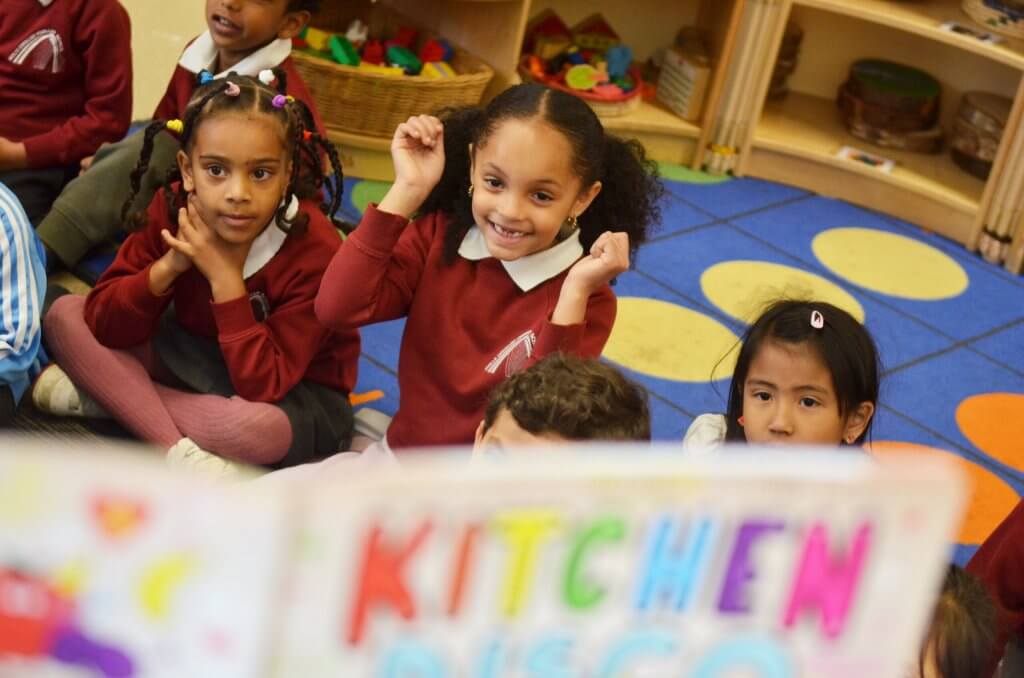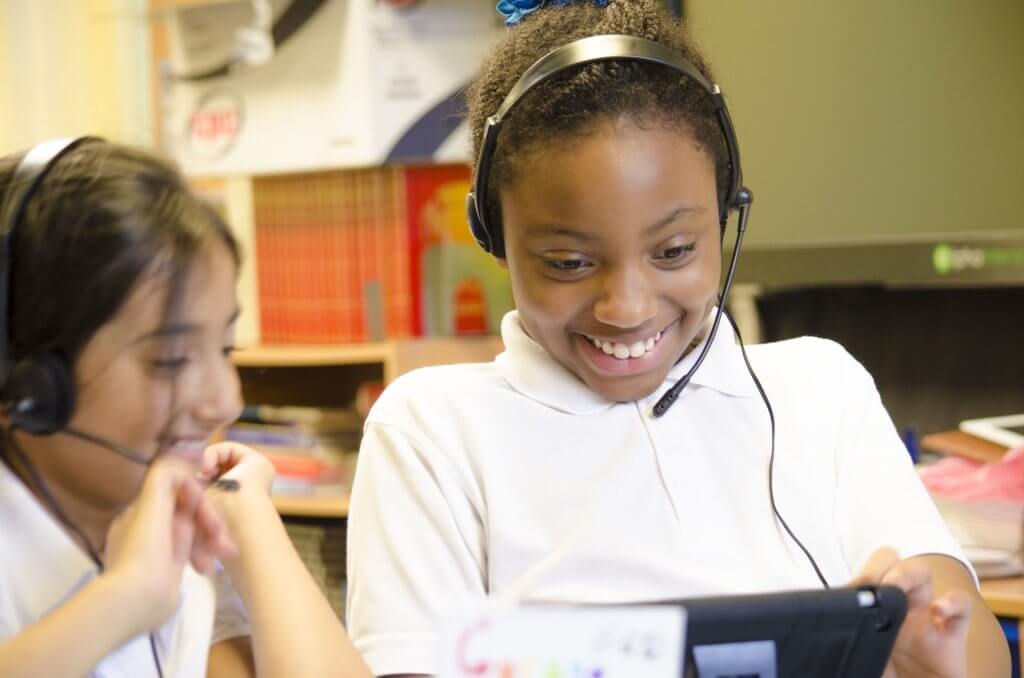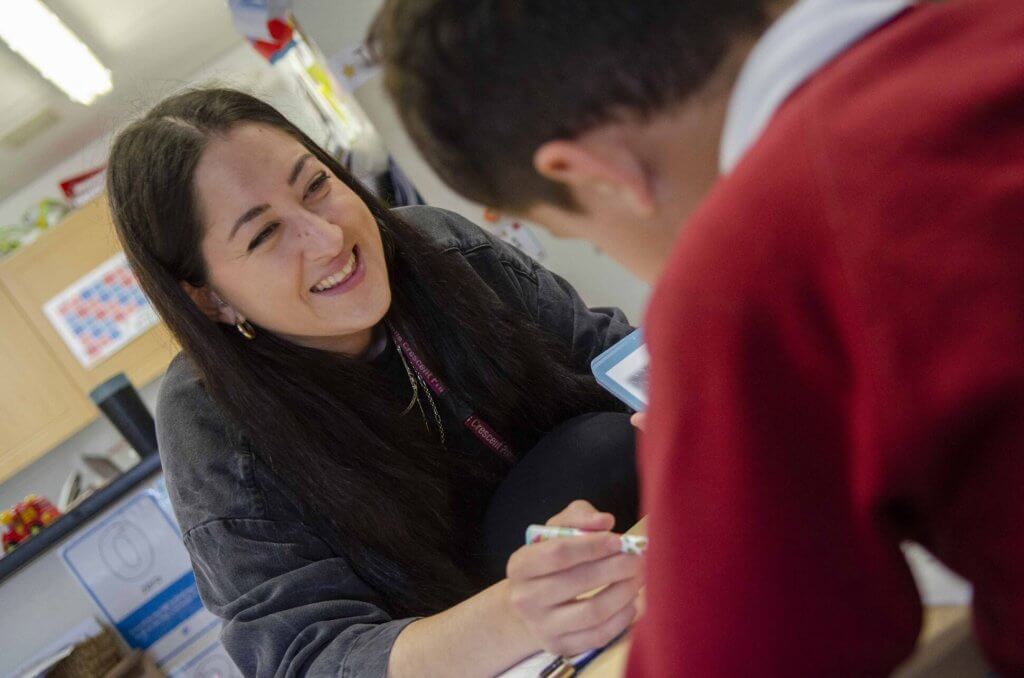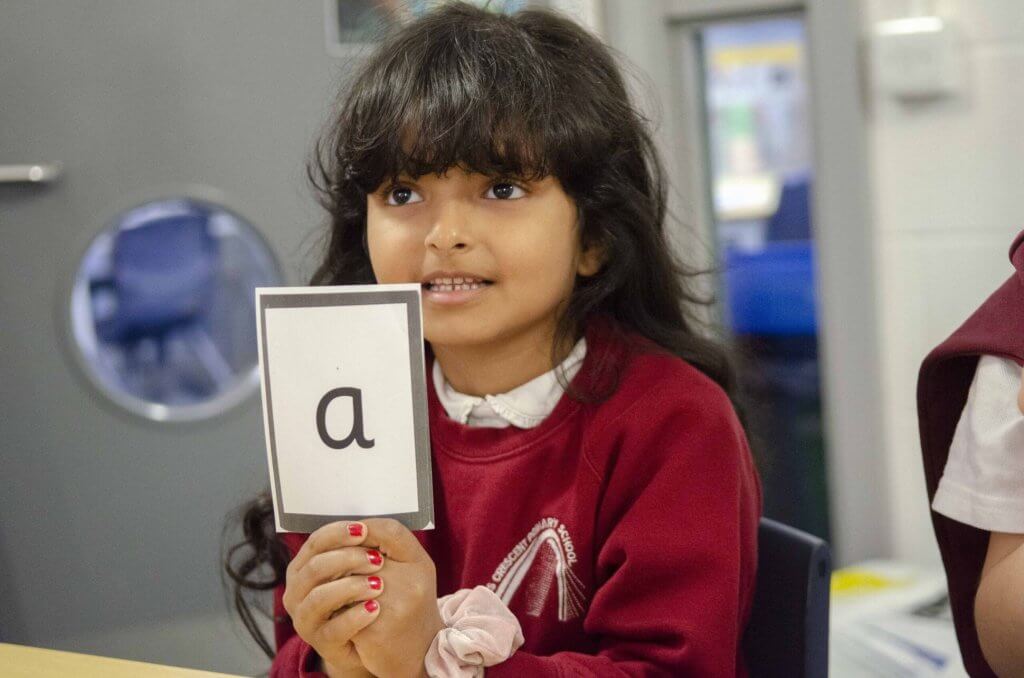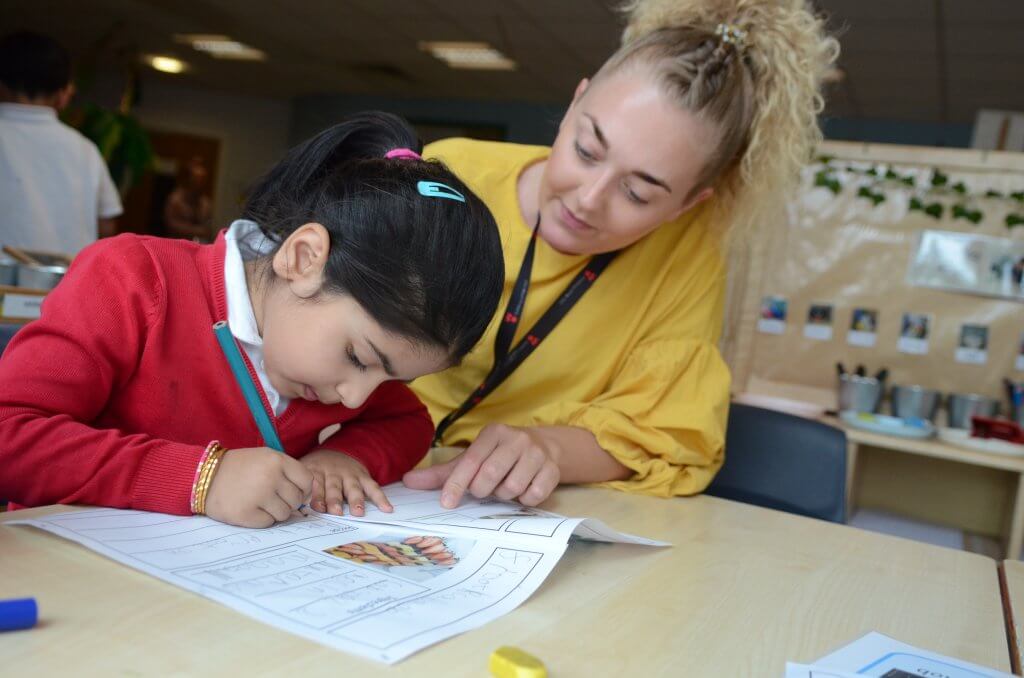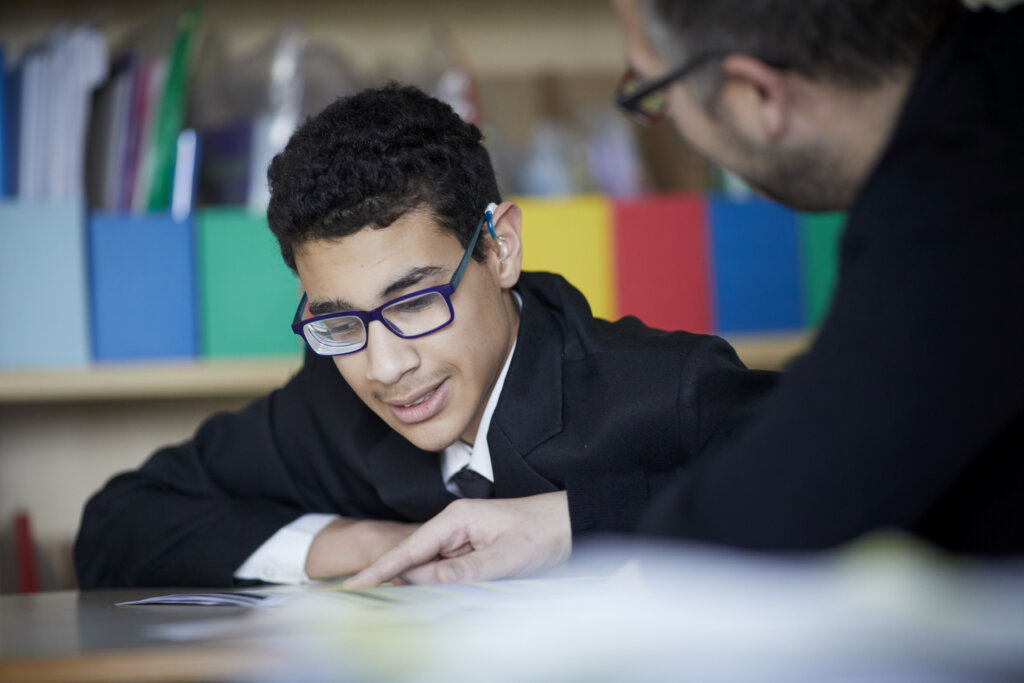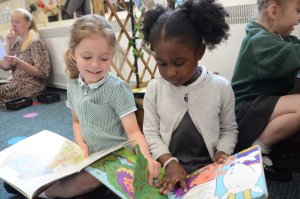July 30th recognises “World Day Against Trafficking in Persons”, where the aim is to draw attention and spread the awareness of what human trafficking entails, in the aim to stop all forms of trafficking from happening and protecting anyone from having to go through this exploitation and abuse.
Human trafficking is the buying and selling of people and is a serious crime and complete violation of human rights. People are trafficked for many horrific reasons, such as for sexual exploitation, forced labour, domestic labour, forced marriage, the selling of children, using children as soldiers, as well as the removal and selling of organs.
Its important to be aware that trafficking isn’t always the kidnapping of people against their will, it is also the grooming of individuals – promising them a better life and better opportunities, unfortunately for this to be furthest from the case. Once trafficked, people are often manipulated and threatened to comply or they or their family will be hurt. This then creates a long-term cycle of abuse.
Statistics show that the majority of targets to be trafficked are women of children, with 23% of victims being young girls. The latest global estimates show that 152million children are exposed to child labour, making 1 in 4 victims of modern-day slavery, children.
Signs to look out for:
Someone who is being trafficked or exploited may not even be aware of it and if they are, there’s a big chance that they won’t feel safe speaking out about it. Therefore, it is our job and duty as professionals to spot signs and indicators, rather than waiting for a disclosure that might never come. Here’s a link to some examples given by the NSPCC: https://www.nspcc.org.uk/what-is-child-abuse/types-of-abuse/child-trafficking/
Who’s at risk?
Firstly, it’s important to be aware that trafficking happens in every country in the world, including ours! In fact, research has shown us that many children are trafficked into the UK from various other countries to be exploited here. It is also important to know that any child is at risk of trafficking, however there are individuals that might be more vulnerable. Certain factors that can make someone more at risk of being trafficked are living in a country where natural disasters are common, countries that are politically corrupt and overall people who live in a disadvantaged and poverty-struck area. An example of this would be refugee children, who may have lost everything they own or even lost their family – putting them at huge risk of trafficking. Families who live in poverty are at much risk of becoming exploited and human trafficked. For example, in a low-income, poverty struck family, parents may be in positions where they have to send their children to work and earn an income – and as a result of this, children will miss their education and go “off the grid” and marked as missing, despite having laws and legislations such as The Children Act being in place to protect children from having to work. UNICEF works around the world to supply parents with a living wage to avoid this from happening.
What can we do
As professionals we must work on our own personal development, in terms of attending regular and updated training around topics such as child trafficking to ensure we are comfortable with noticing signs and tackling exploitation.
We are all also in a position where we can raise the awareness: #EndHumanTrafficking and #HumanTrafficking are trending on social media as a result of ‘World Day Against Trafficking in Persons day’. Continue to do this with your wider team within your workplace.
Reporting
As always, if you believe that someone is at risk of or is in immediate danger, contact the police on 999. If you suspect someone is a victim of trafficking, then you can contact the National Human Trafficking hotline for free, 24 hours a day on: 18883737888.
You can also text the hotline at 233733 or contact them via a chatline.
You can also contact the modern slavery helpline to seek advice on: 08000121700.
Sources used:

